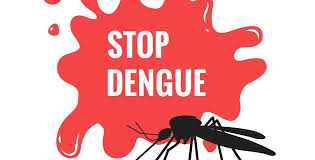
dengue fever, a mosquito-borne viral infection, poses a significant health risk, especially during the monsoon season in regions like Chennai. The primary vector, Aedes aegypti, breeds in stagnant water and is most active during daylight hours. Understanding and implementing preventive measures are crucial to safeguarding oneself and the community.
Eliminating mosquito breeding sites is paramount. Regularly inspect and empty containers that can collect water, such as flower pots, buckets, and discarded tires. Ensure that water storage containers are covered tightly. Even small amounts of stagnant water can serve as breeding grounds for mosquitoes. Community initiatives, like the "Inspect, Clean, Cover" campaign, emphasize these practices to reduce mosquito breeding grounds.
Personal protection against mosquito bites is equally important. Wear long-sleeved clothing and long pants, especially during peak mosquito activity times. Apply insect repellents containing DEET, picaridin, or oil of lemon eucalyptus to exposed skin. Using mosquito nets while sleeping and ensuring that windows and doors have screens can further reduce the risk of bites.
Community engagement plays a vital role in dengue prevention. Participate in local clean-up drives and support fogging and anti-larval measures in your area. Educating others about dengue prevention strategies amplifies the impact. For instance, in Bhubaneswar, volunteers conduct door-to-door campaigns to raise awareness and eliminate mosquito breeding sites.
Staying informed and vigilant is essential. Monitor local health advisories and dengue case reports. Early detection and prompt medical attention can prevent complications. If you experience symptoms like high fever, severe headache, or joint pain, seek medical care immediately. By adopting these preventive measures and fostering community involvement, we can collectively reduce the incidence of dengue and safeguard public health.




 click and follow Indiaherald WhatsApp channel
click and follow Indiaherald WhatsApp channel